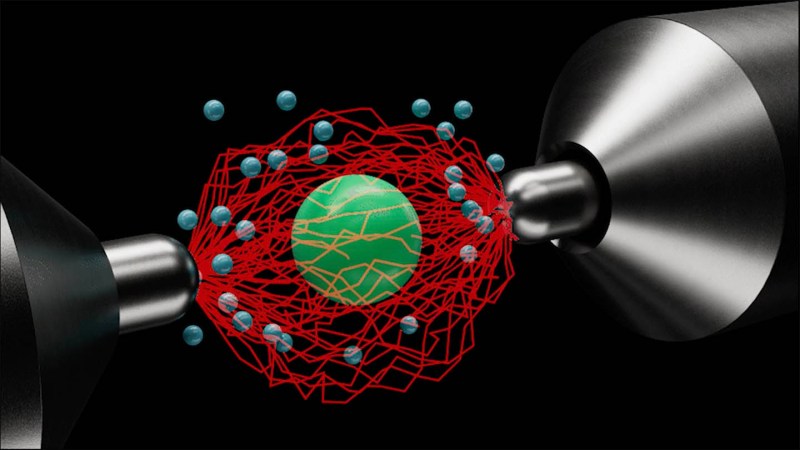A new genetic marker has been identified that could significantly enhance the ability to predict severe reactions to the gout medication allopurinol among patients in the United States. This breakthrough may lead to improved personalized treatment plans, reducing the risk of life-threatening side effects associated with the drug.
The discovery came from research led by scientists at Stanford University, who focused on understanding the genetic factors that contribute to adverse drug reactions. Their findings, published in the journal Nature Genetics on March 15, 2024, reveal that certain genetic variations can predict how patients will respond to allopurinol, a commonly prescribed medication for managing gout symptoms.
Understanding the Research
Gout is a form of inflammatory arthritis characterized by sudden and severe pain, often in the joints. Allopurinol helps lower uric acid levels in the blood to prevent gout attacks, but it can cause serious reactions in a small percentage of patients. These reactions may include severe skin rashes and organ dysfunction, which can be fatal if not managed properly.
The research team analyzed genetic samples from approximately 1,500 patients who were prescribed allopurinol. They identified a specific genetic marker that was present in individuals who experienced adverse reactions to the medication. This marker could serve as a predictive tool, allowing healthcare providers to screen patients before prescribing the drug.
Dr. Michael Smith, a lead researcher on the project, emphasized the importance of this discovery. “By identifying patients at risk, we can tailor treatment strategies that prioritize safety while effectively managing their gout,” he stated.
Implications for Patient Care
The findings hold significant implications for patient care in the United States. Currently, there is no standardized genetic testing for patients beginning treatment with allopurinol. The introduction of such testing could transform the prescribing process, enabling doctors to avoid potentially harmful medications for susceptible individuals.
Healthcare professionals are encouraged to consider genetic testing as part of their patient assessment protocols. This could lead to a decrease in hospitalizations related to adverse drug reactions and improve overall treatment outcomes for gout sufferers.
The study has garnered attention from various medical organizations, including the American College of Rheumatology, which has recognized the potential for genetic markers to enhance personalized medicine. The organization supports further research into this area to validate the findings and promote the integration of genetic testing into clinical practice.
As this research progresses, it may pave the way for similar approaches in other medications prone to causing severe side effects. The focus on genetic markers could revolutionize how healthcare providers assess and manage medications, ultimately prioritizing patient safety and well-being.
In conclusion, the identification of this genetic marker represents a significant advancement in the field of pharmacogenomics, particularly for the treatment of gout. By leveraging this knowledge, healthcare systems may soon be better equipped to predict and prevent adverse reactions, ensuring that patients receive the most effective and safe treatment options available.







